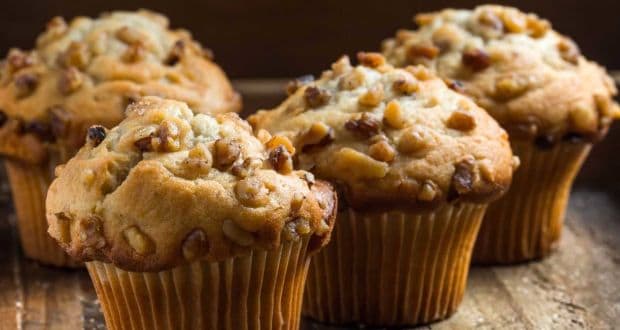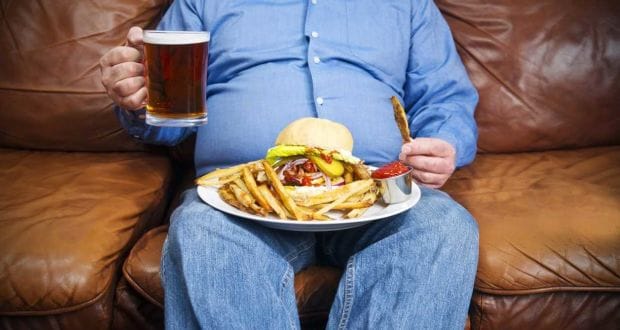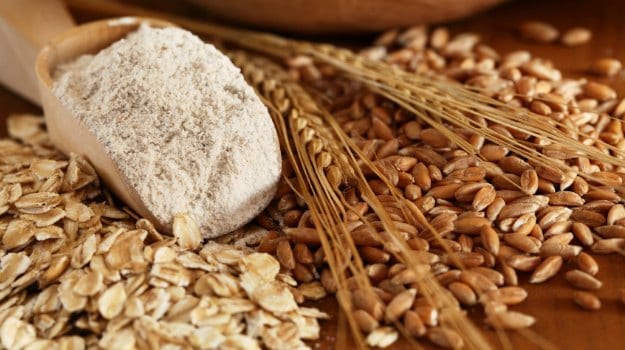Obesity is a condition that is characterized by excessive body fat that increases the risk of many health problems. The problem is not the body weight alone. Obese people are more prone to diabetes, cardiovascular diseases, cancer, stroke, dementia as compared to their lean or healthy counterparts.
Causes Of Obesity
Obesity is a complex condition which could trigger from a variety of reasons. Sometimes, two or more prevailing disorders in the body can also result in excessive accumulation of weight. While sometimes it is only because of poor dietary choices and sedentary lifestyle.
According to experts, here are a few common causes of obesity:
1. GeneticsObese parents are more likely to have obese offsprings than lean parents. Several studies in the past have proven that the obese genes express themselves dominantly onto the genes of their children.
2. Junk FoodJunk food is touted to be one of the prime causes of obesity. Consumption of tall greasy burgers, crispy fries, pasta, noodles or aerated sodas can take a toll not just on your weight but your heart and sugar glucose levels too. The junk food which is highly processed, made with second grade and refined ingredients are the ones to watch out for.
(Also Read: What Is Junk Food? Why Is It Bad For You?)

Obesity Diet: Junk food is touted to be one of the prime causes of obesity.
3. Food AddictionIndulging in junk food once in a while is fine. But the constant cravings and the need to appease the temptations is a risky zone. Food addiction is characterized by people having no control over their eating behaviors or getting a sense of relief only when they have tucked in something greasy or sugary.(Also Read: Does Food Addiction Really Exist?)

Obesity Diet: The constant cravings and the need to appease the temptations is a risky
4. Side Effects of MedicationObesity could be a side effect of certain medication too. Certain diabetes medication, antidepressants, antipsychotics have been infamously linked with weight gain in the past.

Obesity could be a side effect of certain medication too
5. InsulinInsulin hormone plays a crucial role in smooth functioning of the body. It uses sugar (glucose) from carbohydrates in the food we eat for energy or to store glucose for future use. Insulin helps regulate energy storage, and makes sure the level of sugar in the blood is never too high or low.Insulin also has an important engagement with fat cells. Impaired insulin can result in elevated insulin levels, and energy getting stored in fat cells instead of it being used for other functions. It can cause high blood glucose too, which can also trigger diabetes. This is why diabetes and obesity are closely interlinked.
6. Hormonal IssuesLeptin is a hormone produced by fat cells. The hormone sends signals to the hypothalamus (the part of our brain that controls food intake) that we're full and need to stop eating. When the leptin isn't working as it should, brain becomes resistant to the signals and the body doesn't understand when to stop.
7. Food availabilityAccording to a latest study, children who live around in the vicinity of many cafes and food outlets are more prone to obesity. Nowadays, access to junk food is getting easier day by day. Your favourite burger and pizza is in fact just a call away. In this scenario, it becomes all the more difficult to keep obesity at bay.

Obesity diet: Nowadays, access to junk food is getting easier day by day
8. Sugary FoodsExperts around the world have time and again reinforced the fact that sugary food does no good to the body. In fact, some of them also brand it as the worst part of modern diet. When consumed in excess sugar, it starts getting stored as fats and increases the body mass. Excess fructose consumption causes insulin resistance and elevated insulin levels too. All of these factors combined ultimately results in obesity.(Also Read: Does Having Sugary Food Cause Diabetes?)

Obesity diet: Sugary food does no good to the body
Effects of Obesity
A person is identified obese when the Body Mass Index(BMI) is 25 or greater. BMI is body mass index, an index commonly used for classification of obesity. BMI is a person's weight in kilograms divided by the square of his height in meters (kg/m2). The excessive body fat increases the risk of serious health problems. Some of the problems that obesity is often linked to are:
1. Cardiovascular disorders
2. Diabetes
3. Hypertension
4. Chronic back pain
5. Osteoarthritis
6. Depression (due to ridicule, social bias, rejection, and humiliation)

The excessive body fat increases the risk of serious health problems
Steps You Must Take If You're Overweight Or Obese
From children to adults, obesity sees no age and can affect anybody. Re-organising your kitchen, swapping the fat-laden unhealthy junk with nutrient-dense food is the best gift you can give to yourself.
Consultant Nutritionist Dr. Rupali Dutta gives out a few pointers that are a must to follow for a perfect obesity diet.
1. Swap refined carb sources for whole grains. A whole grain is a grain of any cereal that contains the endosperm, germ, and bran, in contrast to refined grains, which retain only the endosperm. A whole grain manages to retain all the nutrients that are processed in the refining. Stock up on whole grains like bajra, ragi, maize and jowar and use them often. Try red, black and brown rice instead of white rice .You can use these whole grains for breakfast porridges.

Swap refined sources for whole grains
2. Just like grains, whole dals are also a better bet than the washed dals. Rajma, and chana dals are some of the healthiest dals you can fill up your shelves with. You can cook them, have them in sprouts or in soups.
3. Avoid red meat and opt for lean meat like chicken and salmon. Adding protein with every meal could prove to be a game changer for anyone trying to lose weight.

Avoid red meat and opt for lean meat
4. Load up on seasonal vegetables. They provide both soluble and insoluble fibres in addition to vitamins, minerals and antioxidants.

Load up on seasonal vegetables
5. Stay away from trans fats as they are one of the biggest culprits of growing instances of obesity globally. Fast food, instant food, fried junk, cookies, pasta, burger and noodles- these trans-fats are spread all across us.
6. Sugar intake should be less than 10% of your total calories; for a normal weight woman who needs 1900Kcal/day, this is about 10 -11 teaspoons of sugar. Below 5% would be better. A lot of foods have natural sugar hidden in them too, so one has to be mindful of that as well.
And lastly, skipping meals is never a sustainable way to go about obesity management. Three balanced meals are a must for everyone.
Obesity Diet Chart
A healthy and balanced diet is not just a key to optimum weight but for a healthy lifestyle in general. According to Macrobiotic nutritionist Shilpa Arora, it is all about a healthy start, post which everything starts falling to place. "One must up the intake of proteins and fibres. Even while on a weight reduction diet, one must not shun the importance of good fats. The kind of fats that are to be shunned are the ones coming from junk or processed food. Staying clear of unnatural sugars is also one major step towards optimum weight."
Dr. Simran Saini, Nutritionist at Fortis Hospital says, "Obesity management is not a cakewalk. There are many physical and psychological changes that need to be addressed. A good diet must be complemented with a good fitness regimen. As far as diet is concerned, one should definitely steer clear of all sources of trans-fat to begin with and make him/her a diet chart, and resolve to stick to it."
Dr. Simran also gave us a sample chart, an obese person may take a hint from. The simple obesity diet chart can be modified further too, as per availability of ingredients.- Morning - Breakfasts make for one of the most crucial times to get the metabolism racing. According to Dr. Simran, a pudina chatni sandwich made with whole wheat bread could be a perfect start to the morning. A bowl of fresh cut fruits along with it is also not a bad idea.
- Afternoon -Lunch time could comprise of simple roti, a bowl of vegetable and dal. Dal is filled with protein. Protein is essential for weight loss and muscle repair. Since protein takes time to digest, it keeps you satiated for long and thereby preventing you to binge on fattening foods.
- Evening - In evenings, you can have your antioxidant boost with a cup of tea. You can also team them with fibre-rich whole wheat biscuits. Make sure you stay away from the sugary cookies.
- Dinner - For dinner, you can have chapatis, vegetables and swap the dal with vegetable salad.
All these steps are just a way ahead to a healthier path. A healthy diet must be complemented with adequate exercise and workout. Constant monitoring of weight, family support, and amicable environment also play their own part.
About Sushmita SenguptaSharing a strong penchant for food, Sushmita loves all things good, cheesy and greasy. Her other favourite pastime activities other than discussing food includes, reading, watching movies and binge-watching TV shows.








